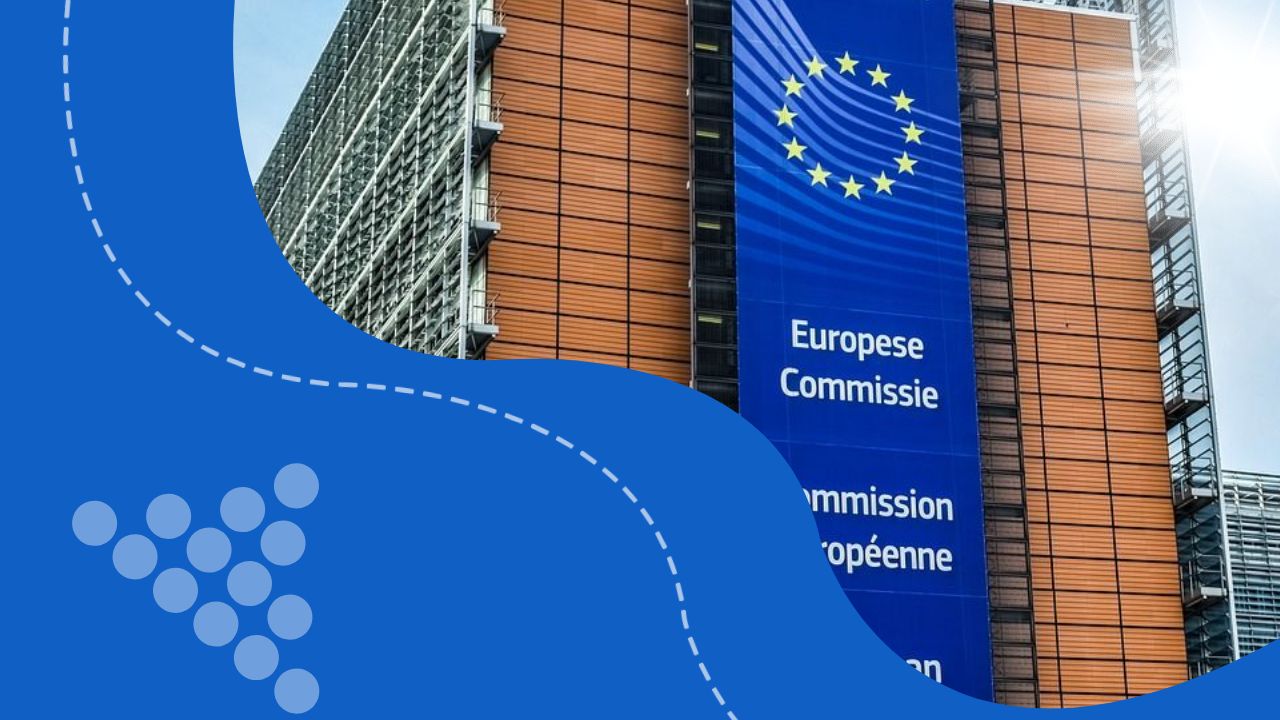The geopolitical race for critical raw materials in the green transition era has emphasized the critical importance of securing raw materials for the green transition, recognizing the challenges it faces in competition with China. However, convincing companies to prioritize geopolitical concerns over market dynamics presents a significant hurdle. While electric vehicles offer a cleaner alternative to fossil fuel vehicles, their production involves a considerable amount of materials. Compared to conventional vehicles, electric cars require a much larger quantity of minerals, such as copper and manganese. The increasing adoption of clean energy technologies, especially electric vehicles, has led to a surge in demand for critical raw materials (CRMs). This heightened demand underscores the need for a stable supply chain to support Europe’s transition to green technologies. The European Union identifies certain materials as “critical raw materials,” crucial for various sectors beyond clean energy, including digitalization and defense. However, dependence on external sources, particularly China, raises concerns about supply chain security. China’s dominance in processing many CRMs, despite not being rich in these resources, poses challenges for the EU. Chinese mining companies have made significant investments overseas, controlling key mining operations in regions like the Democratic Republic of Congo and Indonesia. In response to these challenges, the EU has implemented initiatives such as the European Critical Raw Materials Act (CRMA) and strategic partnerships with producer countries. These efforts aim to secure the EU’s CRM supply while promoting sustainable development in partner nations. The CRMA emphasizes supply chain security but also faces criticism for prioritizing mining projects over sustainability. Achieving a balance between security and sustainability is crucial for ensuring a resilient supply chain. Despite the EU’s emphasis on strategic partnerships and free trade agreements, challenges remain in translating rhetoric into action. Building domestic supply chains for green energy technologies requires significant investment and private sector involvement. However, crashing prices of key minerals like lithium and cobalt have stalled Western investments in new mines. Chinese companies, benefiting from state support, are better positioned to weather market fluctuations. The EU’s approach to competing with China in the CRM sector must address these challenges effectively. Balancing economic interests, sustainability goals, and supply chain security will be essential for the EU to establish resilient CRM supply chains and maintain its competitiveness in the global market.


